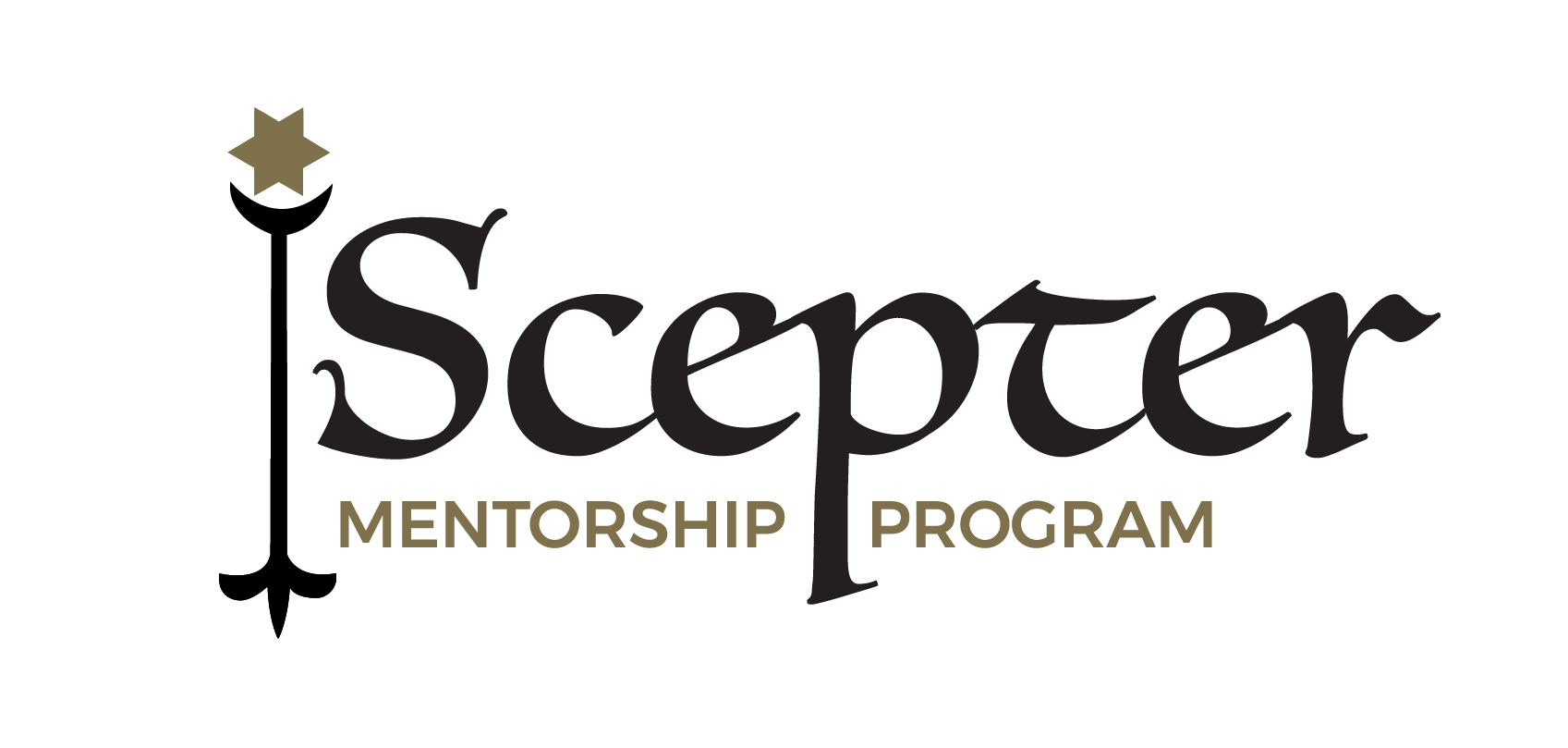
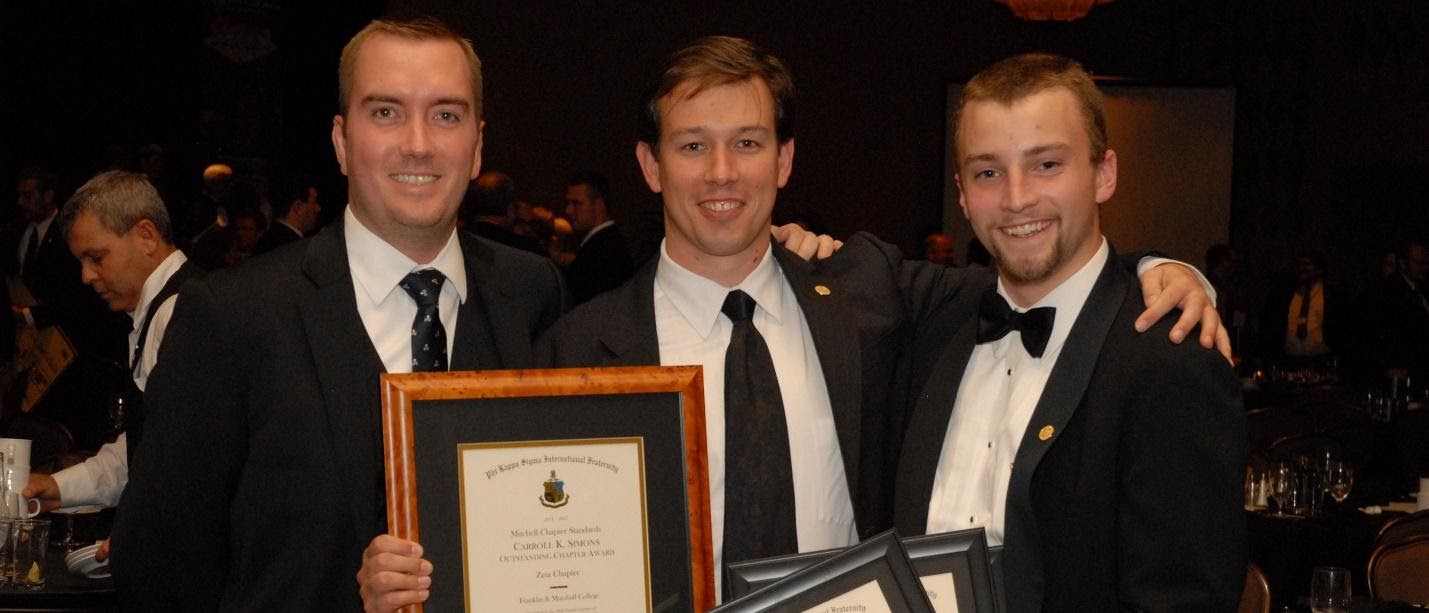
The Scepter Mentorship program connects member brothers with Phi Kap alumni. The connection serves both the mentor and mentee by allowing members to gain guidance as they transition from coursework to their professional career, while offering an avenue for an alumnus to give back in a productive and meaningful way.
These mentors are invaluable in shaping the lives of younger brothers. The program transcends chapter or geographical boundaries, offering an easy way for all members to give back. There is no predetermined time commitment or methodology. The mentor and mentee set guidelines that work for them and cover such topics as academics, leadership, and career guidance.
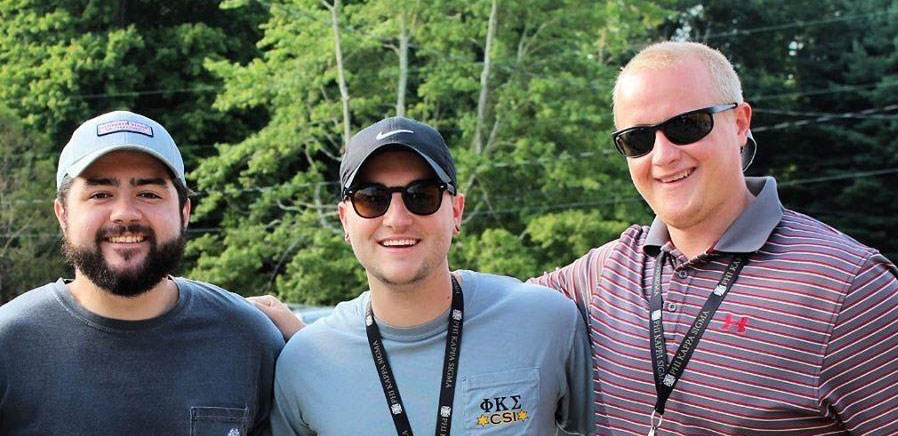 The Scepter Mentorship program was created in 2007 as the organization looked to foster a strong relationship between chapter members and working alumni. During that time, the organization produced a number of LinkedIn groups for mentors and mentees to connect with ease.
The Scepter Mentorship program was created in 2007 as the organization looked to foster a strong relationship between chapter members and working alumni. During that time, the organization produced a number of LinkedIn groups for mentors and mentees to connect with ease.
In 2010, the program worked to engage members as volunteers post-graduation encompassing common personality, work styles, interests, and life ambitions. This program has grown to empower connections between brothers of various chapters across the US and Canada.
The Scepter Mentorship program aims to help participants understand the following concepts:
As part of the application process, mentors and mentees fill out the professional personality assessment called The Birkman Method® assessment. This assessment, along with a well-built-out resume and LinkedIn profile serve as the basis of the matching process. Mentees and mentors are also asked to highlight areas of desired improvement and growth. Based on this data, mentees and mentors are matched, typically in cross-chapter pairings.
Once paired some brothers find ways to meet in person, while others utilize phone conferences, email, and video conferencing. Participants are asked to commit to at least one meeting per month. During these meetings, the pair pair develops expectations and a realistic schedule.
The program helps provide a much-needed avenue for mentees to attain the guidance they need as they transition from collegiate to professional life and for mentors to share their fraternal and professional experiences as they guide a younger brother. The program should focus on coaching and building relationships, not “solving” problems.
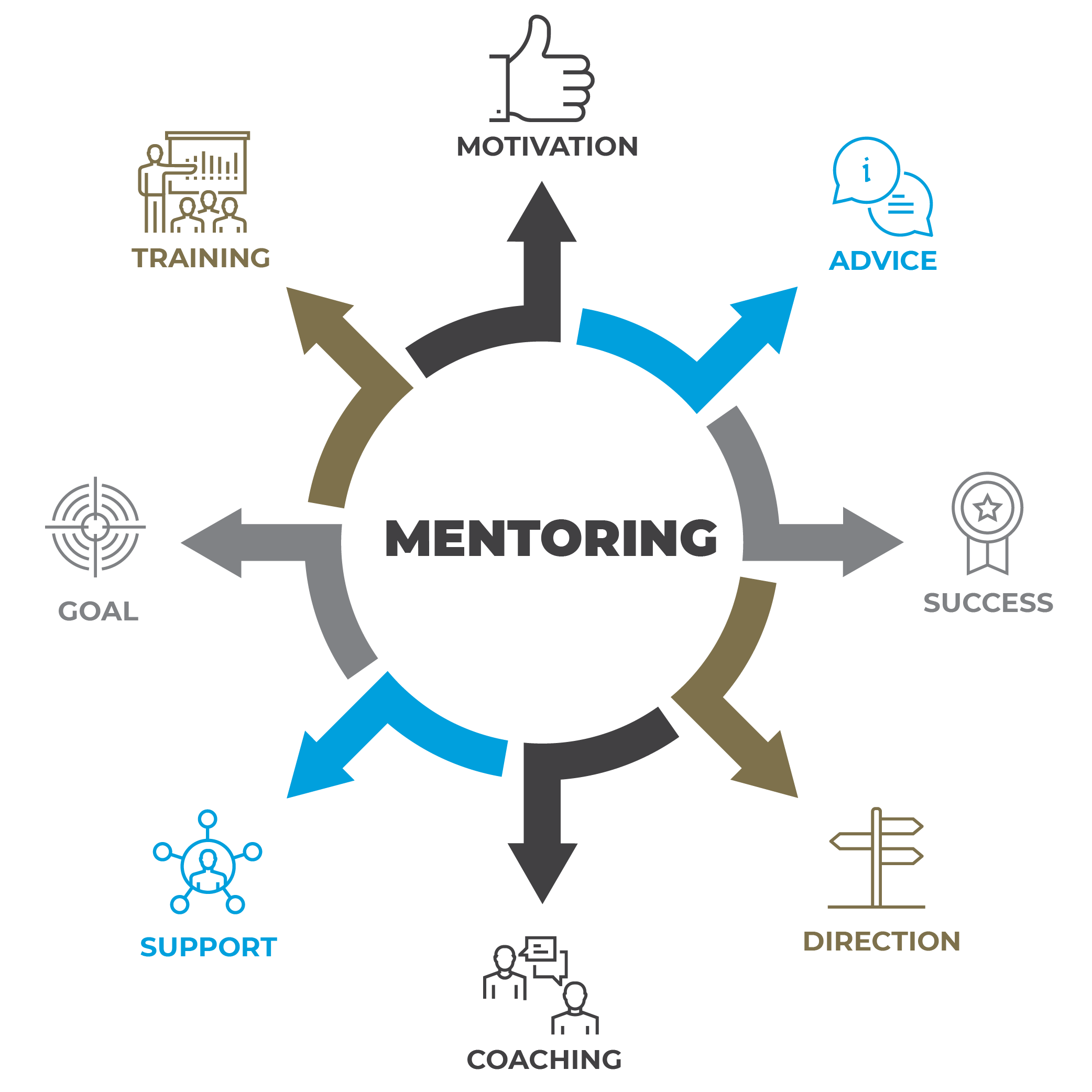
The outcomes of the Scepter Mentorship program reflect the need for mentees to develop the application of their learned knowledge into the wisdom that the mentor has gained through their years of work and professional experience.
For further information about the Scepter Mentorship Program please forward the following information to scepter@pks.org:
We will try to keep a focus on positive pairings of Mentor-Mentee relationships that meet our criteria, attempts will be made to the best of our alumni volunteer pool.
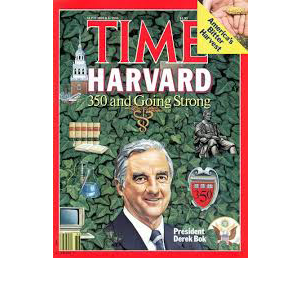
What we are doing in educating students is trying to prepare them to live more fulfilling lives for the decades after they graduate. And trying to provide a better, richer, fairer, more decent society for the generations after.
- Derek C. Bok
25th President of Harvard University
Stanford University - Alpha Tau ‘51